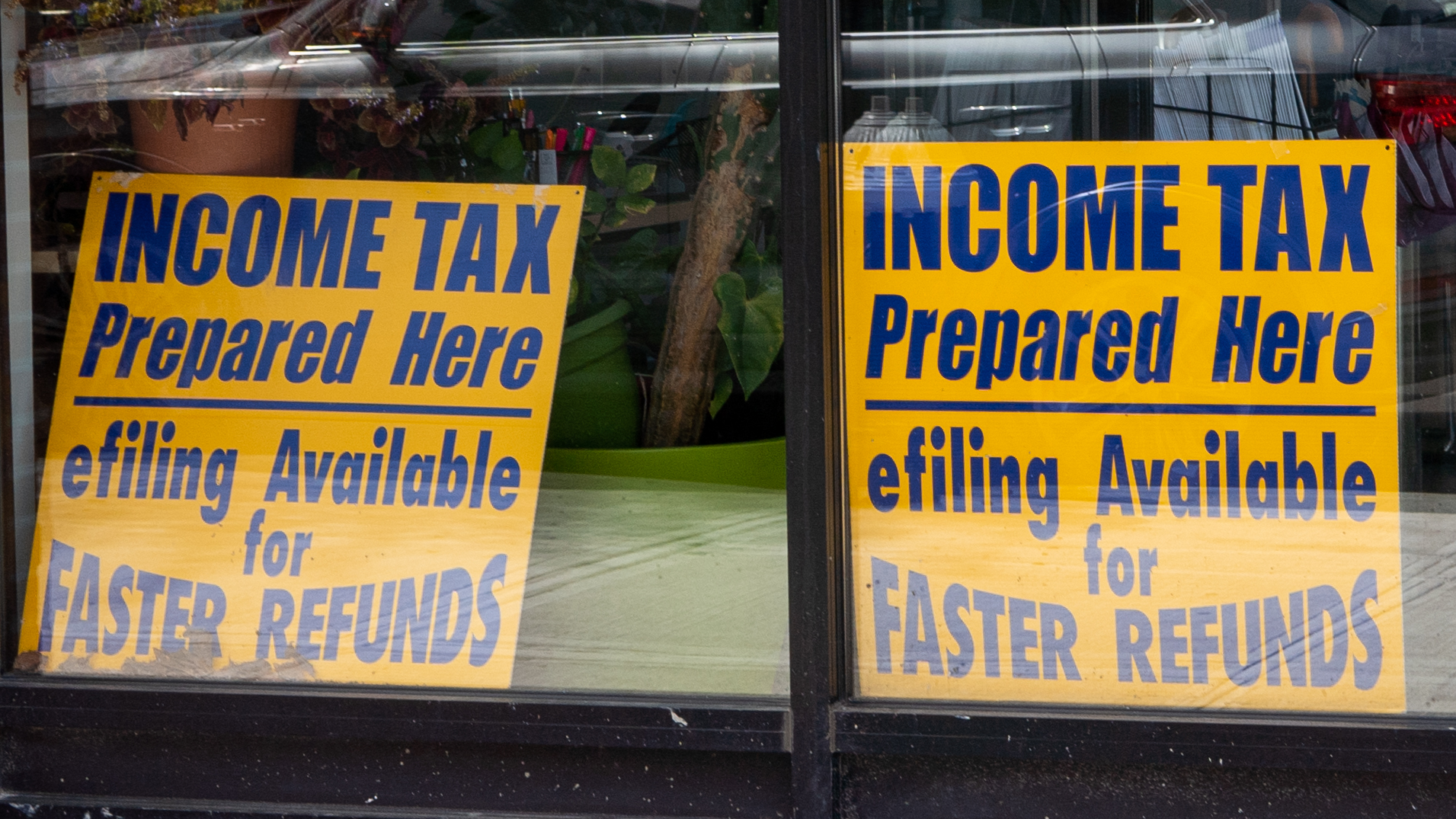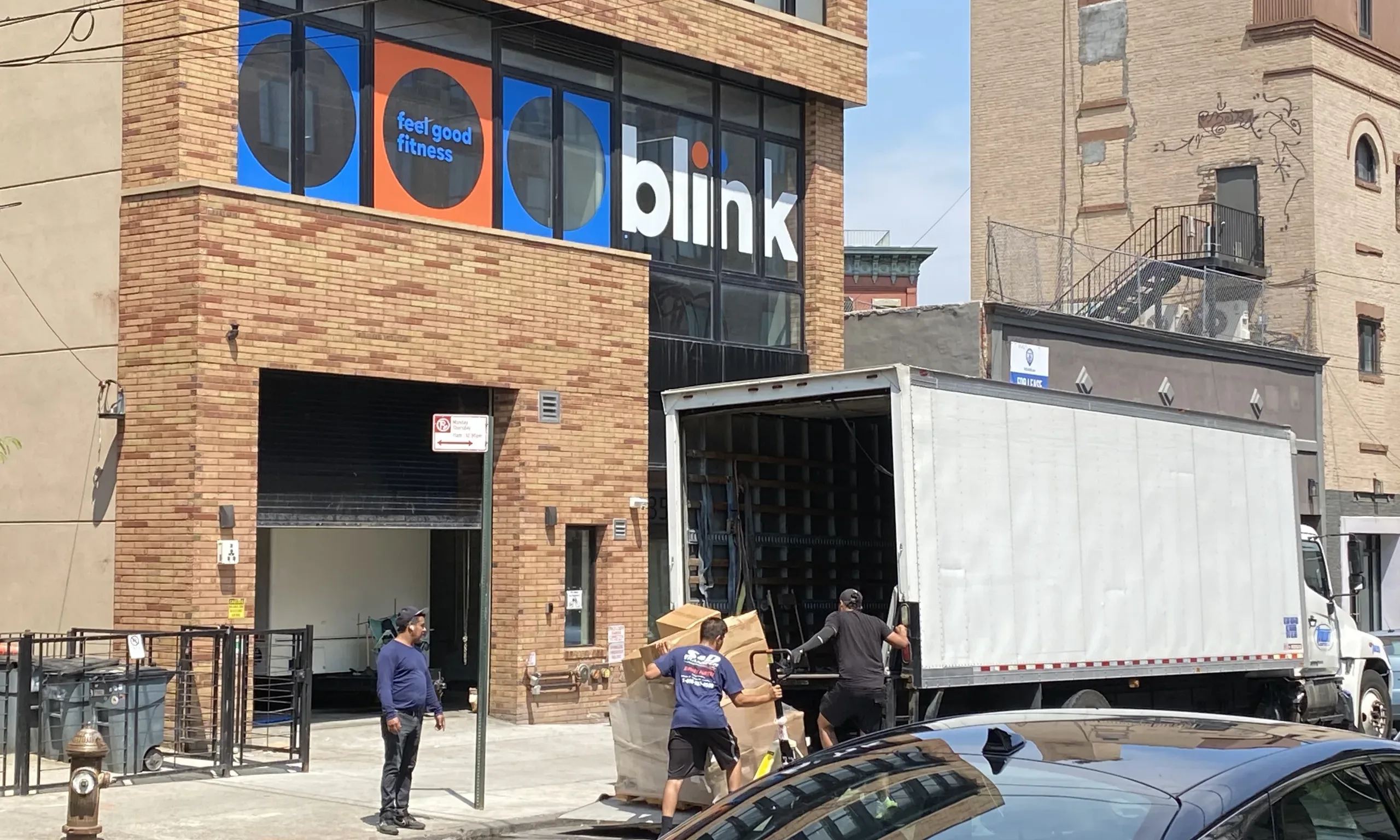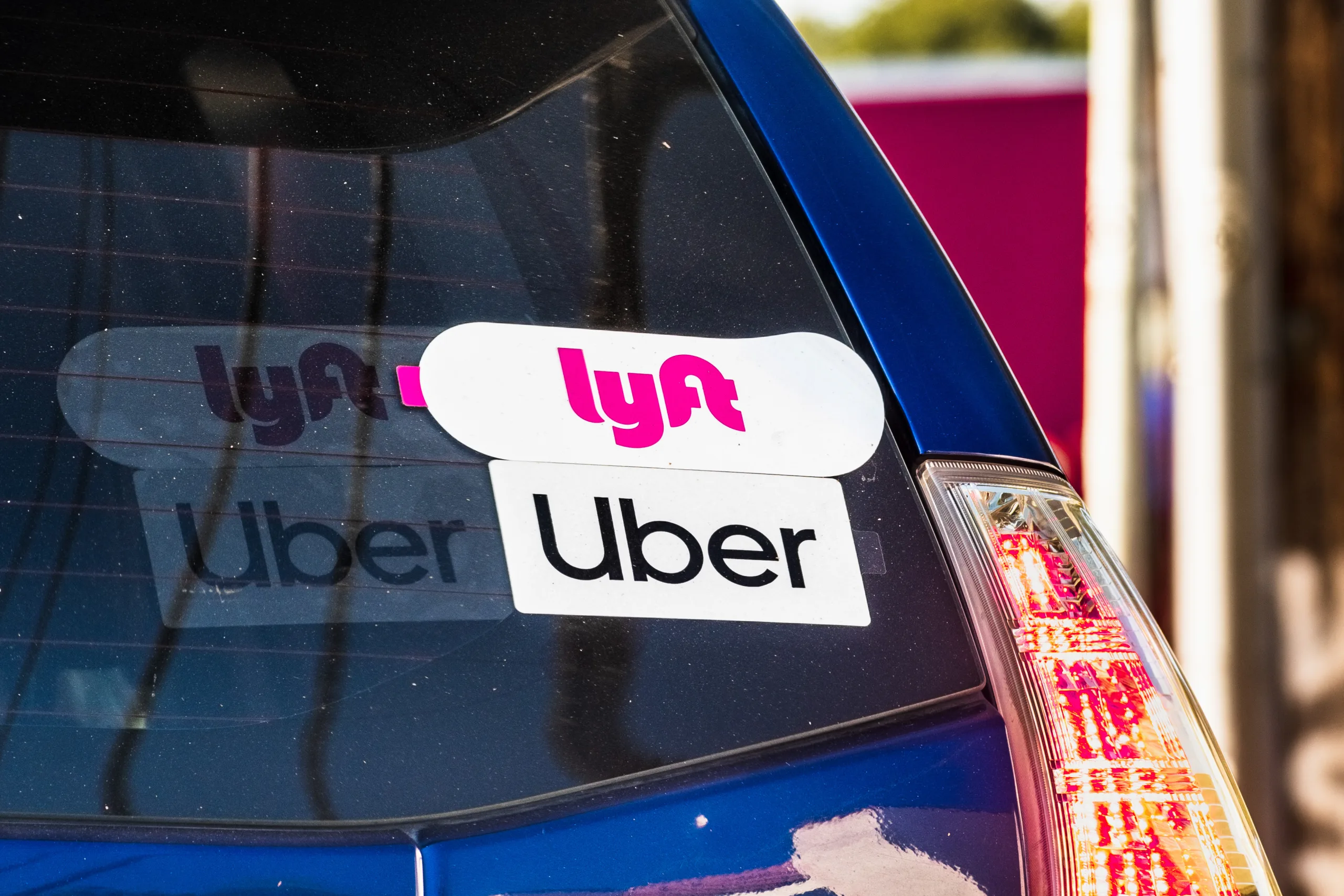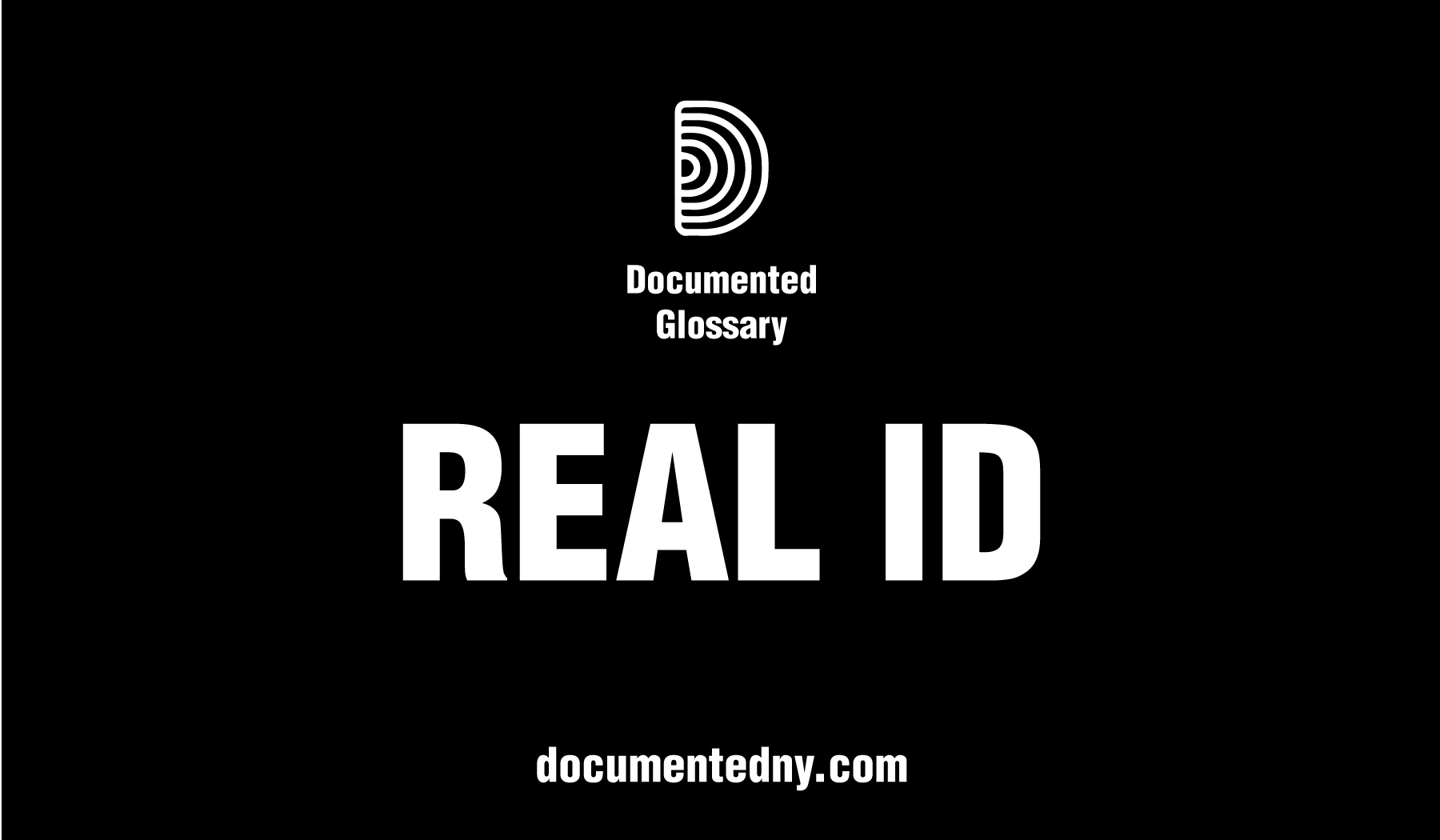Victor, 40, a beneficiary of the Excluded Workers Fund who had fallen victim to debit card skimming, has been waiting more than 90 days for the $9,756.88 that had been stolen from him to be returned to his account. As an undocumented immigrant who was unemployed during the pandemic, he was relying on that money to pay debts but instead, now, he has to pay federal taxes on the complete amount, whether he gets the money back or not.
“I won’t pay taxes on that money because it was fraudulently taken from me. It’s depressing because I have debts,” he explained, adding that he missed the deadline to pay taxes, April 18, after hoping that the funds would be returned to his account.
In January, Documented revealed that Excluded Workers Fund recipients were regularly losing their funds, issued on prepaid Visa cards by the BlackHawk Network, to debit card skimming scams. After the publication, the majority of the victims have recovered all of their funds, including a beneficiary that had $14,176 taken from her. However, at least four victims continue to wait more than 90 days to receive a decision on the claim. And some, who had their cases resolved, had only received a partial refund. The waiting time has caused the victims to postpone paying taxes; undocumented workers who received a partial refund have to pay taxes on money that was stolen from them.
How We Covered It: Excluded Workers Fund Hit With Debit Card Thefts
Victor’s EWF troubles began on Martin Luther King Jr. weekend, after he flew from Queens to Orlando, Florida to spend time with his family from Colombia. He had not seen his loved ones for more than two years due to the coronavirus, and this trip would be a commemoration of making it through the worst of the pandemic.
That Sunday, around 3 PM, Victor tried to use his EWF debit card to book an Uber to go from the hotel to a restaurant. Instead he got an error: insufficient funds. He felt shocked and anxious. Rushing back into his hotel room, he called BlackHawk and began the long process of filing a claim. He spoke with a representative who walked him through the process of filing a claim. He received an email confirming that it was received.
Since that day, Victor says life has been stressful and depressing. The EWF money was supposed to be a lifeline; before he received the money in late November 2021, he had borrowed around $10,000 from a friend to catch up on bills. He needed that money because he lost his job of 15 years as a waiter at the dawn of the pandemic. He had planned ahead to pay his friend back with the funds from the program.
(Screenshot of Victor’s claim showing transactions that had taken place online)
“I told him the truth when he called me to ask for the money: I don’t have it. So I am now paying interest on the money and I am paying a high price,” he told Documented.
Victor remembered when he was hit by fraud at his personal bank in the past, they took care of it immediately. But after filing his claim with BlackHawk, he got a feeling the agents didn’t know what they were doing. A supervisor at the firm told Victor to contact the Department of Labor. The DOL agent asked him for a Social Security Number — which Victor does not have — and then, according to Victor, the DOL said they were unable to help him because he did not have a social. Since Victor submitted his claim on January 16, he has not gotten any updates from Blackhawk nor the DOL.
“I don’t know why they are making it so difficult to get my money back,” he said.
They Are On Their Own
Victor isn’t the only victim who reports that BlackHawk has been unresponsive to their claims. Doug, 63, who contacted Documented via WhatsApp last week, told us he has been waiting eight months for his EWF debit card to be replaced after it got lost in the mail.
In recordings Doug shared with Documented, the BlackHawk agents told Jones that he needed to contact the Department of Labor. Doug alleges that the multiple times he has called BlackHawk, none of the agents have been able to provide any information as to what happened to his card, nor how he can recover them.
Also read: Agency Finds ‘No Error’ as Scammer Steals $14K from Excluded Workers Fund for Luxury Watches
Leticia Ochoa, a staffer at the Jackson Heights-based worker advocacy nonprofit New Immigrant Community Empowerment, said that BlackHawk representatives have been discourteous towards some of NICE’s immigrant members when they had called to inquire about the claims.
“From the beginning it was hectic. There was no communication between BlackHawk and the police, and they both wanted the forms to be filled out in a certain way. It was a big issue,” Ochoa noted. On three different occasions, Ochoa said the BlackHawk representatives blamed NICE members for fraud because they had asked a friend or family member to help them activate the card.
“One BlackHawk representative told one person that they could not do anything for him, because he had come to our organization to get help applying for the funds. So they told him, since somebody else did your application, as part of our agreement, we can’t give it to you because they probably stole your money,” Ochoa explained.
Between November 19 and December 21 of last year, Ochoa compiled a spreadsheet to track the cases of 34 people who had asked NICE for help with their fraud claims, totalling $110,193. Out of that amount, $75,542.29 has been recovered, but the rest is still in process, with many claims passing the 90-day period.
Ochoa added that language barriers have also delayed the claims, because members have to return to NICE for help whenever they receive a new update or a request for more documentation. “Some people gave up already,” she said.
Despite Fraud, Undocumented New Yorkers Cover Taxes
Armando Isidoro, 52, who spoke with us in January, told Documented last week that he had also given up after receiving an email from BlackHawk on January 19, stating that no error had been found on his claim of $6,000, and therefore his case had been closed. But randomly, in late March, he woke up to $3,200 dollars deposited back into his card’s account.
“I went to file my taxes and told the accountant that I was missing $2,800, but he told me that there was nothing that he could do,” Isidoro said. He also added that he still regrets using the ATM where the incident had happened.
State Senator Jessica Ramos (D-13), Chair of the Senate Labor Committee, told Documented that her office has been fielding requests from EWF recipients who have been unable to get through to either the DOL or BlackHawk.
TestPost3
“While we have been having success finally tracking down their funds (that they have already paid taxes on, I might add), the administrative lift and the frustration that arises when people have to navigate opaque bureaucracy emphasizes the need for a structural change to the unemployment system,” she told Documented..
Ramos added that the situation showed the continuing need for programs like Pandemic Unemployment Assistance (PUA), in addition to the Excluded Workers Fund. “Excluded No More needs to get back into the legislative conversation so we can ensure our safety net does not leave workers vulnerable to this exact kind of situation.”
Documented reached out to BlackHawk and the Department of Labor but received no responses.
In the meantime, Victor and Jones are both hoping to get their issues resolved soon and use that money to catch up on debts. Isidoro says he is praying that the rest of the money appears. He is currently cleaning construction sites and saving the returned funds in case he needs it for an emergency. Like the one in January, when his money disappeared from his EWF debit card after he used it at a 7-11 ATM in The Bronx.












